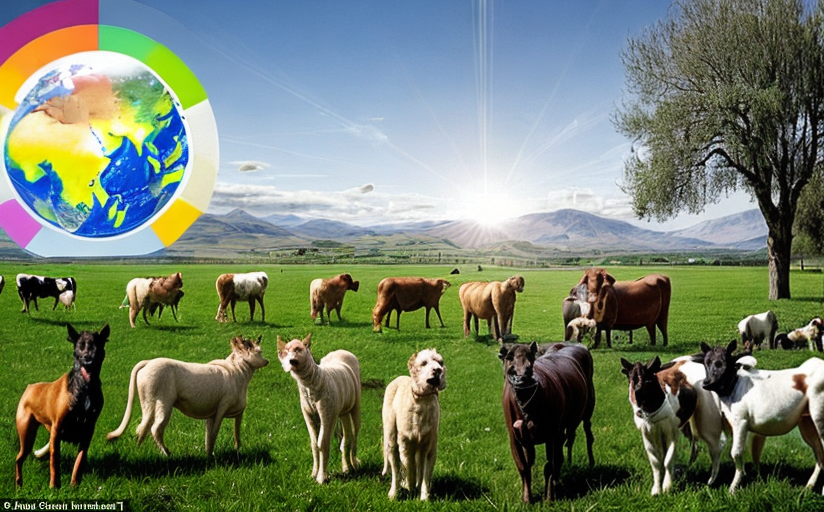Effects of Climate Change on Pets and Domestic Animals
Climate change—a term that has been at the epicenter of numerous discussions around the globe. Scientists attribute this major meteorological upheaval to rising greenhouse gas concentrations in the Earth's atmosphere, leading to increased global temperatures and altered weather patterns. While human impacts are extensively studied, the impact of climate change on our pets and domestic animals is often overlooked. This article delves into this lesser-explored facet of climate change and what we can do to ensure the well-being of our animal companions.
Climate Change: An Overview
The Earth's climate has been in a state of continuous fluctuation throughout its history. However, accelerated changes over the last century, primarily attributable to human activity, have been leading to a rapid rise in global temperatures - a phenomenon we now define as climate change. Fossil fuel burning, deforestation, and industrial processes contribute significantly to this surge, resulting in unpredictable weather patterns and extreme weather conditions.
Effects of Climate Change on Pets and Domestic Animals
Climate change directly and indirectly affects the health, behavior, and overall well-being of pets and livestock. Changes in weather patterns influence the life cycles and prevalence of pests and parasites, posing new risks and challenges for domestic animals. Whether it is heat stress in dogs or increased incidence of tick-borne diseases in livestock, the stressors vary with different species.
Dogs
For dogs, rising temperatures mean an increased risk of heat strokes, especially in brachycephalic breeds like Bulldogs and Pugs. Climate change also escalates the prevalence of parasites and vector-borne diseases like ticks, fleas, and heartworms, posing a significant risk to canine health.
Cats
Cats, particularly those with access to outdoors, can suffer from similar vector-borne ailments. A spike in temperature can also cause heat stress, dehydration, and skin cancer, especially in cats with thin or white coats.
Birds
Pets birds' natural behaviors are triggered and regulated by season changes. Thus, drastic climate fluctuation may harm their mental health potentially leading to stress, behavioral changes, or depressive symptoms.
Livestock
In a farming context, livestock health and productivity are seriously hit by climate change. From heat stress in dairy cows leading to decreased milk production to ailments brought on by an increased prevalence of insects, the impacts are vast and financially damaging.
Preventive Measures and Solutions
As pet owners and caretakers, we can mitigate these impacts by ensuring regular veterinary check-ups for early disease detection, maintaining proper hydration and air conditioning in hot weather, and using insect repellents or treatments. As far as livestock is concerned, farming practices may need to adapt to new climate reality through sustainable management of land, water and feed.
In Conclusion
While mitigating climate change's effects is a broader, multi-faceted battle, we can ensure our pets and livestock are not overlooked casualties. By staying informed and adapting to change, we can guarantee the well-being of these beings who depend on us for their care.




















Comments
Leave a Comment